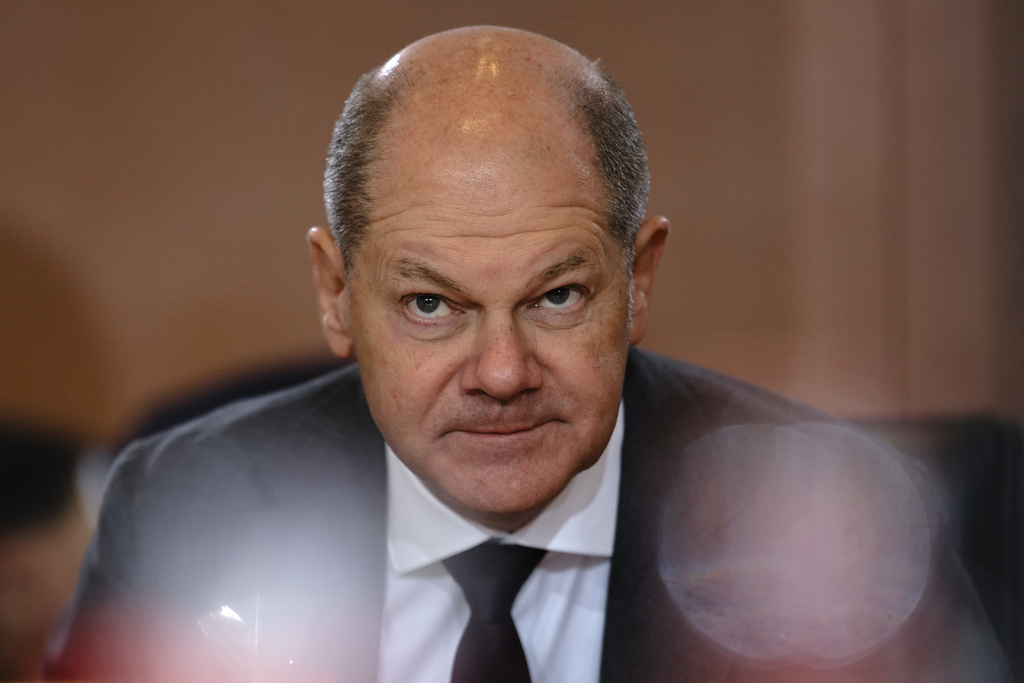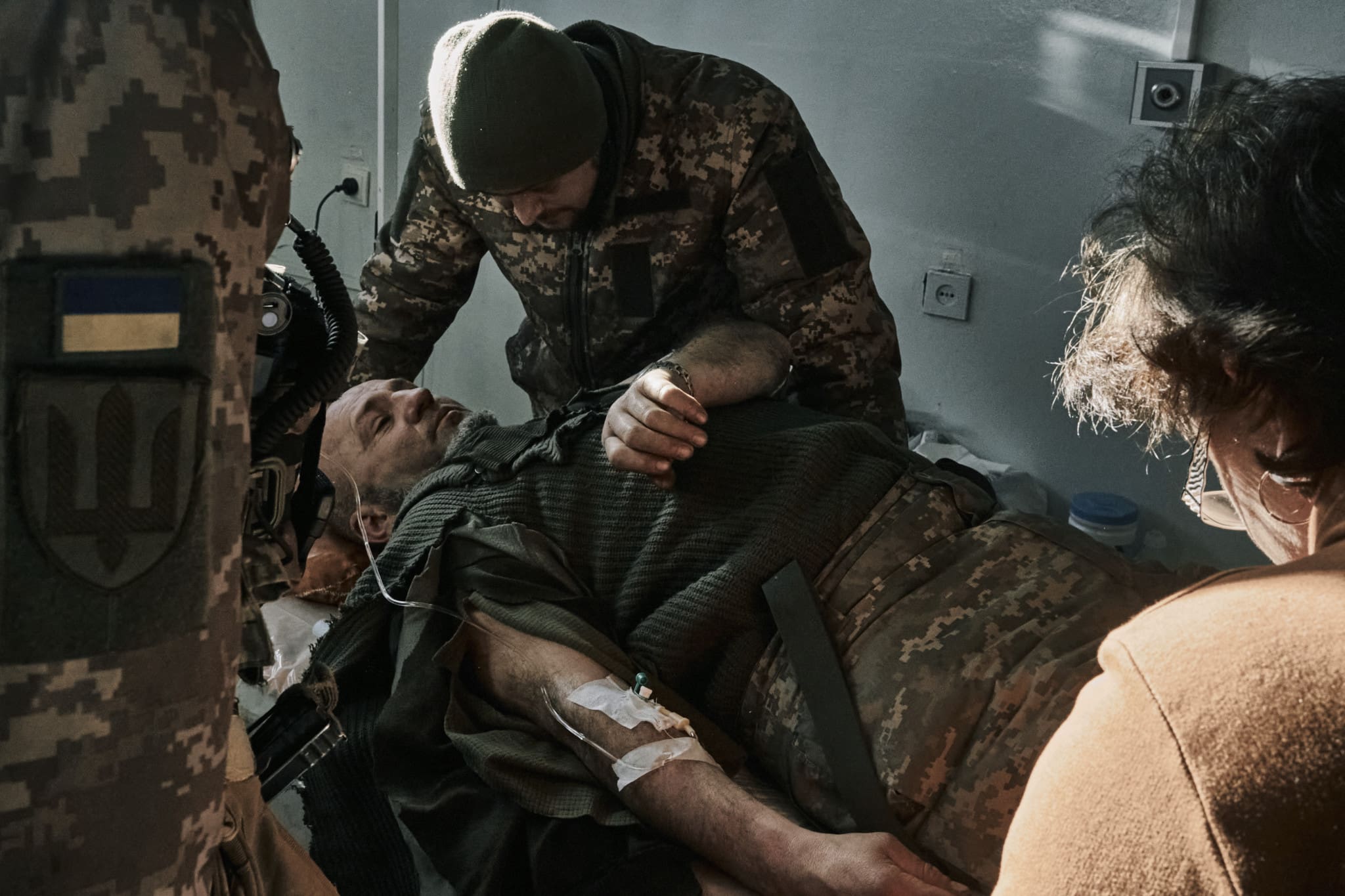German hospitals are currently overloaded with seriously wounded Ukrainian soldiers, many of whom require extensive treatment and rehabilitation, with the country’s hospitals putting out an “emergency call” over financial and resource burdens. However, the federal government says it is not responsible for the costs, and in fact, refuses to even acknowledge there is a problem.
“There is a risk that the treatment of newly arriving patients from Ukraine can no longer be guaranteed in the near future,” announced Professor Dr. Steffen Ruchholtz, managing director of the Center for Orthopedics and Trauma Surgery at the University Hospital of Giessen and Marburg and deputy president of the German Society for Orthopedics and Trauma Surgery (DGOU).

Dr. Ruchholtz’s letter was signed as a joint appeal from several hospitals and rehabilitation facilities, which called on the federal government to share in the costs of the expensive treatments provided to those wounded in the war in Ukraine; this includes civilians, but is primarily made up of combat troops operating on the eastern front.
The government, despite actively flying in Ukrainian wounded, seems uninterested in addressing the call for help from German doctors. In response to a Christian Democratic Union (CDU) parliamentary query, the federal government responded: “Due to the fact that only a few individual cases of problems have become known, it can be assumed that the admission, treatment and care of over 900 patients has been satisfactorily guaranteed.”
Wounded Ukrainians require expensive treatment, which not only includes the immediate surgeries required, but also lengthy rehabilitation and treatment.
“In addition to the duration of treatment, it is above all the infections with multi-resistant germs and the multiple operations that make the therapy very cost-intensive,” says Prof. Dr. Matthias Münzberg, medical director of the BG Unfallklinik Frankfurt am Main.
The data shows that many clinics are suffering, with a DGOU survey showing that 74 percent of clinics do not receive enough financial resources for treating Ukrainian patients. According to the government, social welfare providers and insurance providers must foot the bill. In total so far for 2023, Scholz’s government has spent €800,000 on flying in those wounded in Ukraine, which is the only cost it covers.
[pp id=90054]
Once the wounded arrive, however, the government takes a hands-off approach and leaves the hospitals and insurance companies to worry about paying for the treatments.
The treatments require weeks and sometimes months of rehabilitation, but the doctors note in their letter that Germany’s hospital system is not designed to support those wounded in war.
“Rehabilitation after complicated treatment is extremely important for the healing process. For many clinics, however, willingly admitting patients from Ukraine is becoming increasingly difficult and is often no longer financially viable,” said Professor Dr. Dietmar Pennig, former head physician at the Clinic for Trauma and Reconstructive Surgery, Hand Surgery and Orthopedics at the University of Cologne’s St. Vinzenz Hospital.
The hospital system is now warning the government that the healthcare system is under threat, with the Science Information Service publishing a statement that reads: “Without rapid financial security, it will soon no longer be possible to treat new patients arriving from Ukraine.”
“We therefore appeal to the Federal Government to continue supporting medical care for war injured and civilians from Ukraine. Representatives of the DGOU are specifically proposing an alternative remuneration system that covers the high treatment costs of these patients.”






